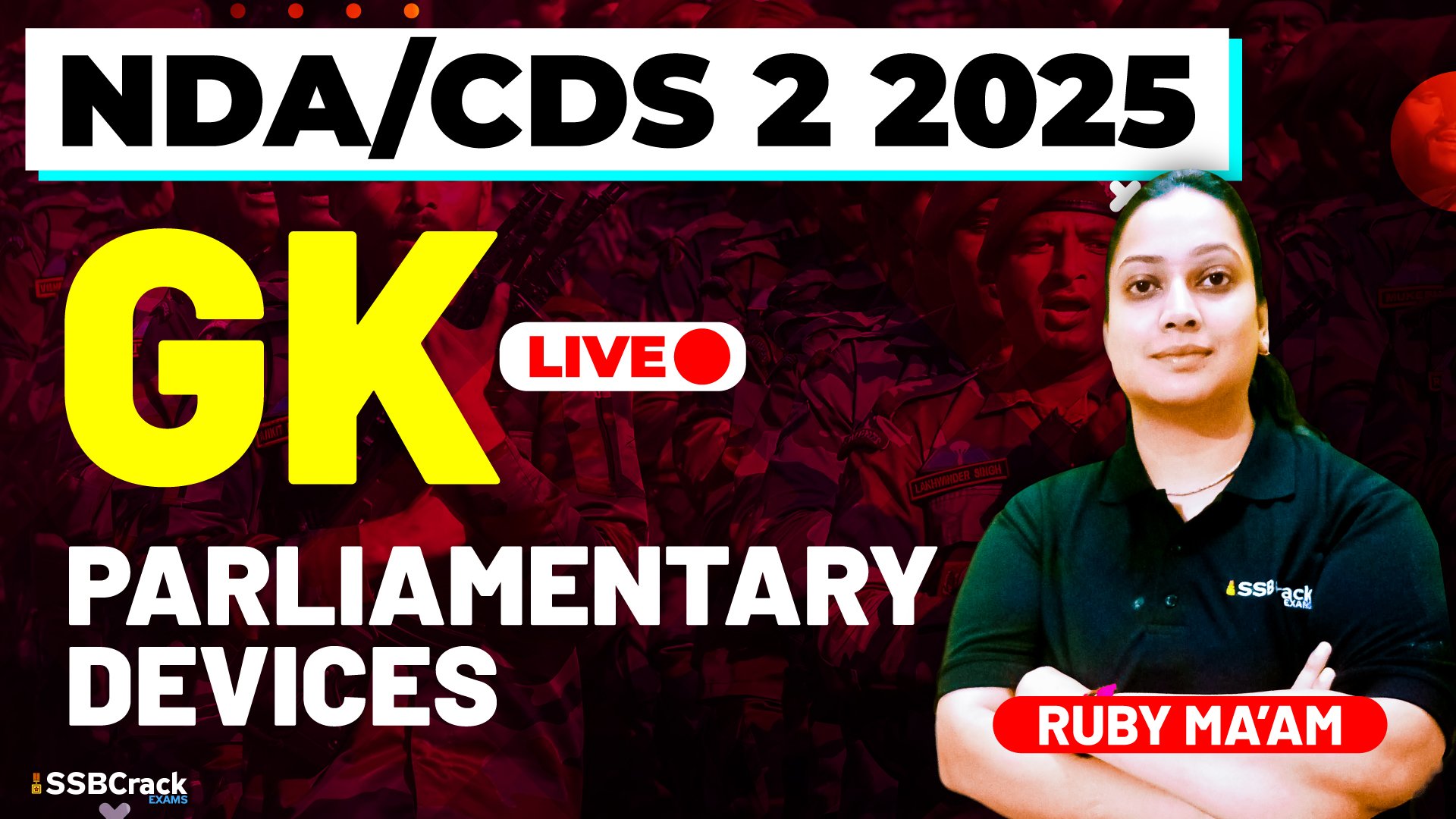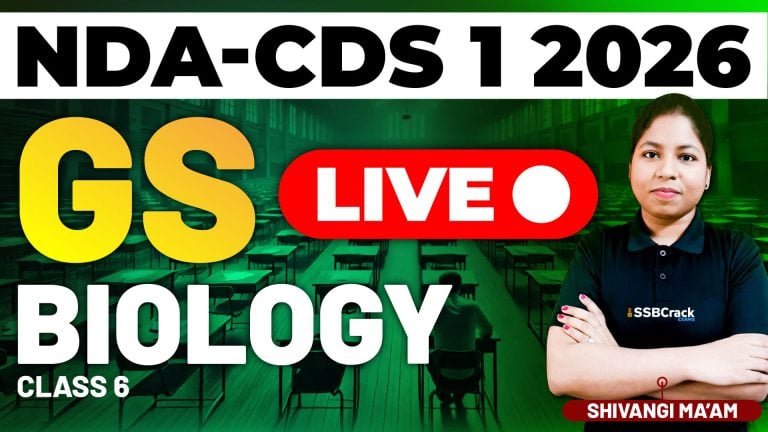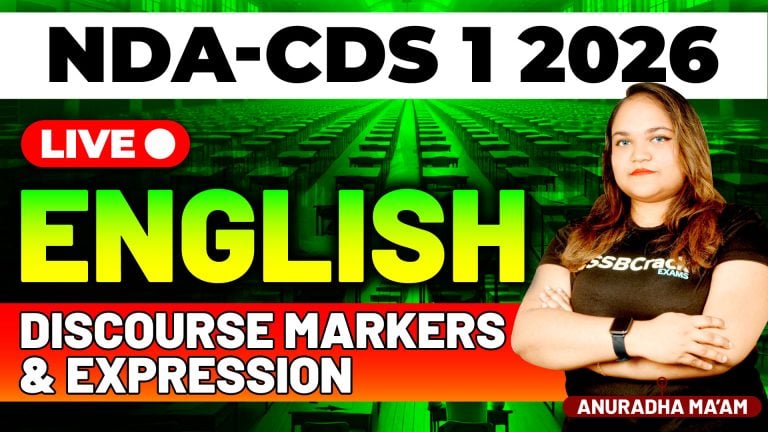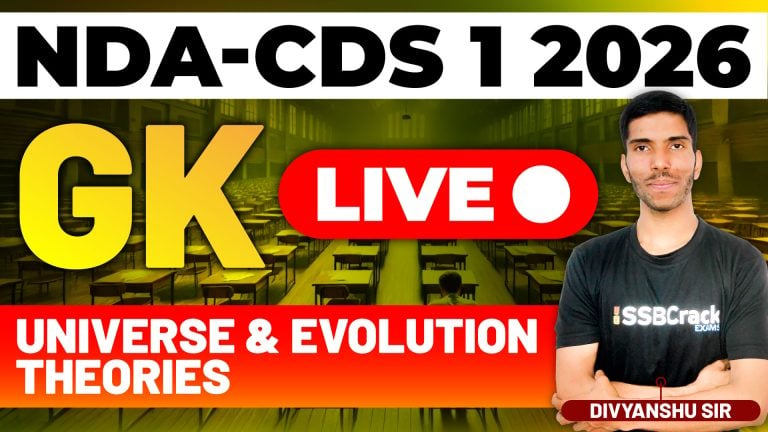For aspirants preparing for the NDA (National Defence Academy) and CDS (Combined Defence Services) examinations, mastering the subject of Polity is essential. Among all the topics within Indian Polity, the Parliament of India holds special importance due to its frequent appearance in previous year question papers and its central role in the Indian political system.
Why Is “Parliament” a High-Weightage Topic?
- Relevance to Current Affairs
The Indian Parliament is constantly in the news—whether it’s due to debates, the passage of important bills, or sessions like the Budget session or Monsoon session. Questions are often framed around recent developments or changes in parliamentary procedures, making it a dynamic topic to study. - Core of Indian Polity
As the supreme legislative body of India, the Parliament forms the backbone of the democratic system. Understanding its structure and functioning is vital for grasping the broader concepts of Indian governance. - Repeated Questions in Exams
A detailed analysis of previous years’ NDA and CDS papers shows that questions related to the composition, powers, functions, and procedures of Parliament are commonly asked. Whether it’s about the Lok Sabha and Rajya Sabha, the role of the Speaker, or the types of bills, this topic never loses its significance.
Key Subtopics to Focus On
- Structure of Parliament
- Composition of Lok Sabha and Rajya Sabha
- Qualifications, term, and election of members
- Role of the President in the Parliament
- Functions and Powers
- Legislative, executive, and financial powers
- Powers over the executive (no-confidence motion, question hour, etc.)
- Parliamentary Procedures
- Sessions of Parliament (Budget, Monsoon, Winter)
- Types of bills: Ordinary, Money, Financial, and Constitutional Amendment Bills
- Procedures for passing bills
- Officers of Parliament
- Speaker and Deputy Speaker of Lok Sabha
- Chairman and Deputy Chairman of Rajya Sabha
- Their powers, roles, and removal process
- Miscellaneous Concepts
- Joint sitting of Parliament
- Zero Hour, Question Hour, and other procedural tools
- Anti-defection law
Tips for Preparation
- Refer to NCERT and standard books like M. Laxmikanth’s Indian Polity to build a strong foundation.
- Solve previous years’ papers to understand the pattern of questions related to Parliament.
- Keep updated with current affairs related to Parliamentary proceedings.
- Make notes and charts to memorize differences between types of bills or powers of Lok Sabha vs Rajya Sabha.
Conclusion
For NDA and CDS aspirants, the topic “Parliament” is not just a static chapter of Polity but a living, evolving element of Indian democracy. A clear and conceptual understanding of it will not only help you score well in the written examination but also aid in the SSB interview, where awareness about Indian governance is often tested. Make it a priority in your Polity preparation and ensure you revise it frequently.







